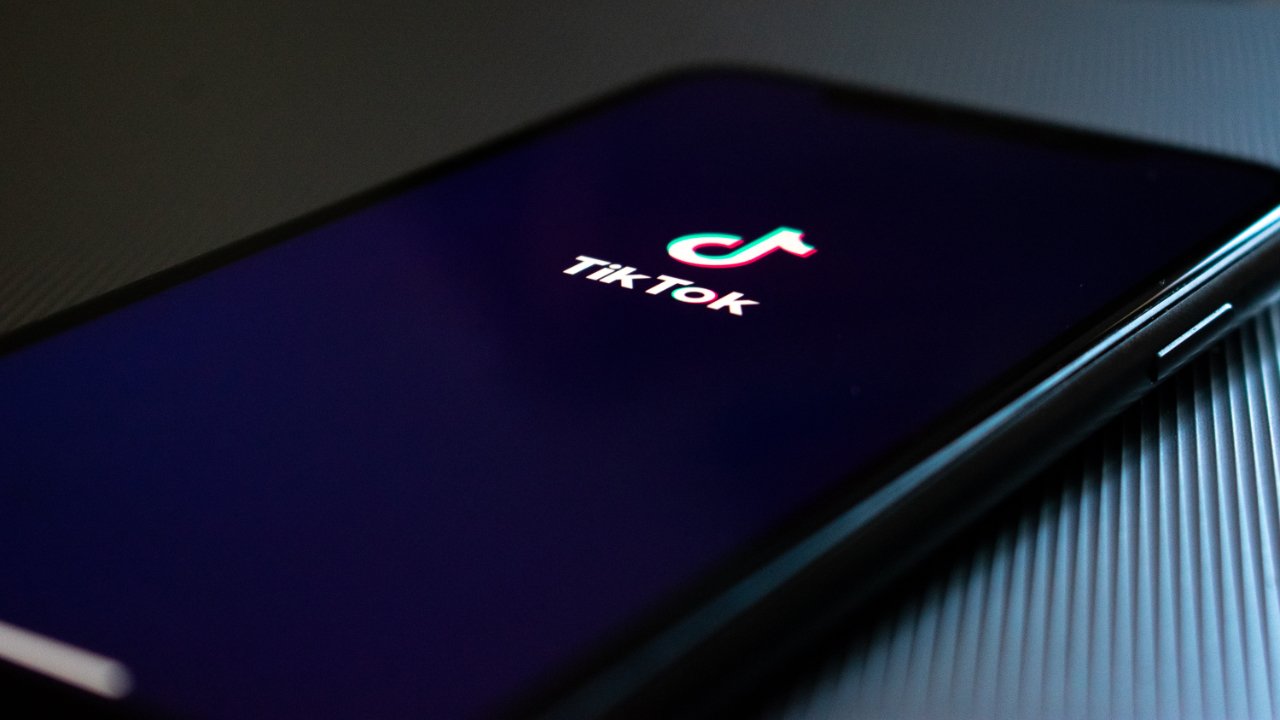
TikTok Is Giving the Users Yet Another Diagnosis
By Movieguide® Contributor
TikTok’s vicious algorithm have been both helpful and harmful as users access information and self-diagnose based on what they see others describing. From autism to ADHD and even eating disorders, users are now reportedly diagnosing themselves with another mental health disorder: Narcissism.
“Narcissism is something of a buzzword that has become more popular to describe an individual’s—in this case, a parent’s—potentially unhealthy coping skills or behaviors,” licensed professional counselor Kyle Kunkel said.
Related: 11-Year-Old Dies Trying ‘Chroming’ TikTok Challenge: What Parents Need to Know
Naricissism is a personality disorder found in the DSM-5 manual of mental health conditions. WebMD says “Narcissistic personality disorder (NPD) is one of several personality disorders. People with this condition have an inflated idea of themselves, and they need a lot of attention from other people. They often struggle to understand other people’s feelings.”
Although many people can have characteristics that fall into the category of narcissism, it takes at least 5 of these for a medical professional to diagnose someone with narcissism. Narcissism affects about 5% of the population.
These traits include: “A grandiose sense of self-importance, preoccupation with fantasies, a belief that they are “special” and unique,” praise seeking behavior, entitlement, exploitive of others, lacks empathy, arrogance, and envy of other people.
Doctor Brian Zachariah said, “It refers to the discussions, content, and potentially harmful narratives about narcissism and NPD circulating on the social media platform TikTok. These discussions often involve teens and young adults sharing personal experiences and opinions about narcissistic behavior, sometimes in a sensationalized or misinformed manner.”
Teens now are taking parental qualities that they disagree with and labeling people as narcissists on TikTok. This adds to the many divisive subjects that are discussed on the platform.
“For each account, we recorded the first 30 minutes of algorithmically recommended content on each account’s ‘For You’ feed, watching and liking any videos about body image, mental health or eating disorders. The resulting recordings were analyzed to examine the frequency of recommendations for body image, mental health, selfharm and eating disorder content,” according to a report, from the Center for Countering Digital Hate.
Parents would be wise to get their children off the app and consider reducing their own time scrolling.
Questions or comments? Please write to us here.


 - Content:
- Content: 

